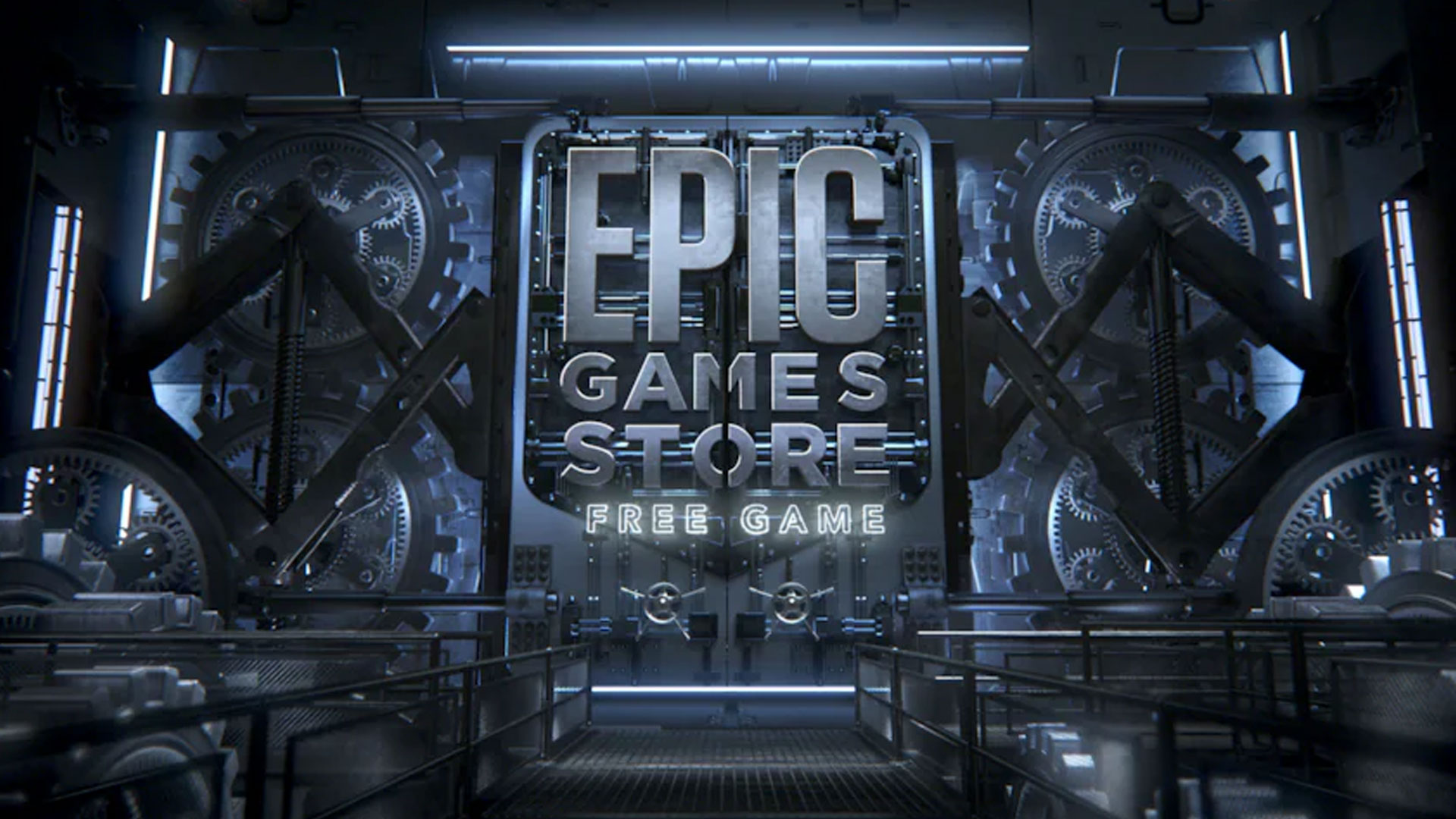My Thoughts on Cheating in Gaming
Cheating is not always wrong when it comes to video games. Indeed it is an ongoing problem when it comes to online multiplayer competition, but video game history will show you that there is a clear distinction between cheating that is endorsed in gaming and cheating that is prohibited. As a result, it is important as a gamer to know the difference.
Back during the original Nintendo Entertainment System (NES) days, I remember learning about a code that completely changed everything about the video game, Contra. When my friend and I would play, we would only get so far before we would exhaust all of our lives and it would simply be GAME OVER. The game was difficult, even for two players. We would play again and get a little further but still nowhere near being able to pass the game. One day, we were privy to the now-famous “Up Up Down Down Left Right Left Right B A Start” code on Contra’s title screen that gave us 30 lives to work with. With that boost, we were finally able to see the game from start to finish. We passed the game and to this day can remember that code by heart because of the impact it had on us as kids trying to pass what had been an impossible game. From that point on, I looked at cheats as a way of not only helping me in games but also allowing me to better enjoy them. Heck, the codes were even published in all of the regular gaming magazines of the time.

It was not an accident that the code was in Contra. Developers in those days purposely put cheats in the game that could be activated by combinations of directional and button presses. This was even the case in arcade games such as Mortal Kombat 3 and NBA Jam. Cheats were considered a good thing and endorsed in the gaming world. Devices such as Game Genie and GameShark were prevalent in those days.
I loved cheats. In role-playing games, cheats allowed me to win battles and progress through the story without having to grind. Especially when I was in college, this saved me so much time and allowed me to pass games without taking forever to do so. In fighting games, it was cool to put in a cheat code to unlock all the characters rather than having to spend hours going through the arcade mode with each of the default characters first. In shooting games, I could have infinite health and ammo. Remember the original Doom‘s “god mode?” In NBA Live 96, you could actually unlock hidden NBA legends by entering a cheat code. I miss those days.
When online gaming emerged on the home gaming consoles, that was when the end came for the era of cheat codes in gaming. What became more important was presenting as much of a level playing field as possible for online gamers, since that is where the industry was headed and where the most money was going to be made. The Playstation 2 was the last system I remember having full cheat code support on a console. This was during a time that peripherals such as GameShark, Pro Action Replay, and the Codebreaker existed.
So what is the difference between cheating with codes and the cheating that is causing such a stir in multiplayer online gaming? First, one is endorsed by developers while the other is not. Second, online multiplayer involves competition and rankings, meaning that like a sport, the winners are to be decided based on skill within a fair battle. Hacking and cheating takes away the ability for that to occur. Many developers do not mind cheat codes or mods within single-player modes provided they are not used to unlock content that is behind a paywall such as downloadable content (DLC). But using cheats of any kind online and in multiplayer is rightfully not permissible and will result in a ban or other punitive consequence because of the devastating effects it has on the gameplay experience involving that group of people. A good rule of thumb is to check how the developers are handling the cheating issue (anti-cheat software, policies) and to only use cheats or mods in offline play that affects only the single-player. This is how I go about using mods and trainers for PC games and using modded saves for the PS4.
The bigger picture is that gamers have significant freedom when gaming alone and offline. The moment things are online and public, everything changes. It’s no different than real life. We have much greater freedoms in our homes versus in public with other people. Think of it that way.
I fully support anti-cheating when it comes to playing online and with other people. It is wrong to gain an unfair advantage and then use that advantage in a competition where there are winners and losers. At the same time, if a gamer wants to use a cheat offline in a single-player mode to tailor his or her experience against the A.I. to whatever he or she wants, then I support that as well. Cheating can be looked at in two different ways in gaming. It’s not always bad.
-TVGA
admin@videogamersadvocate.com







